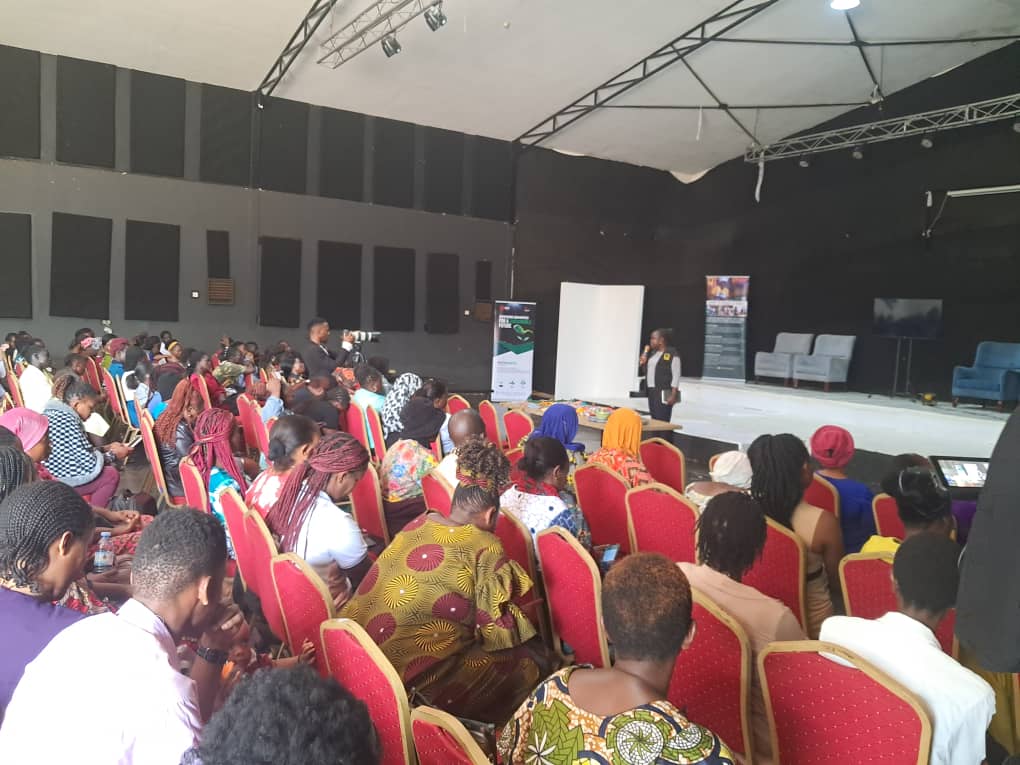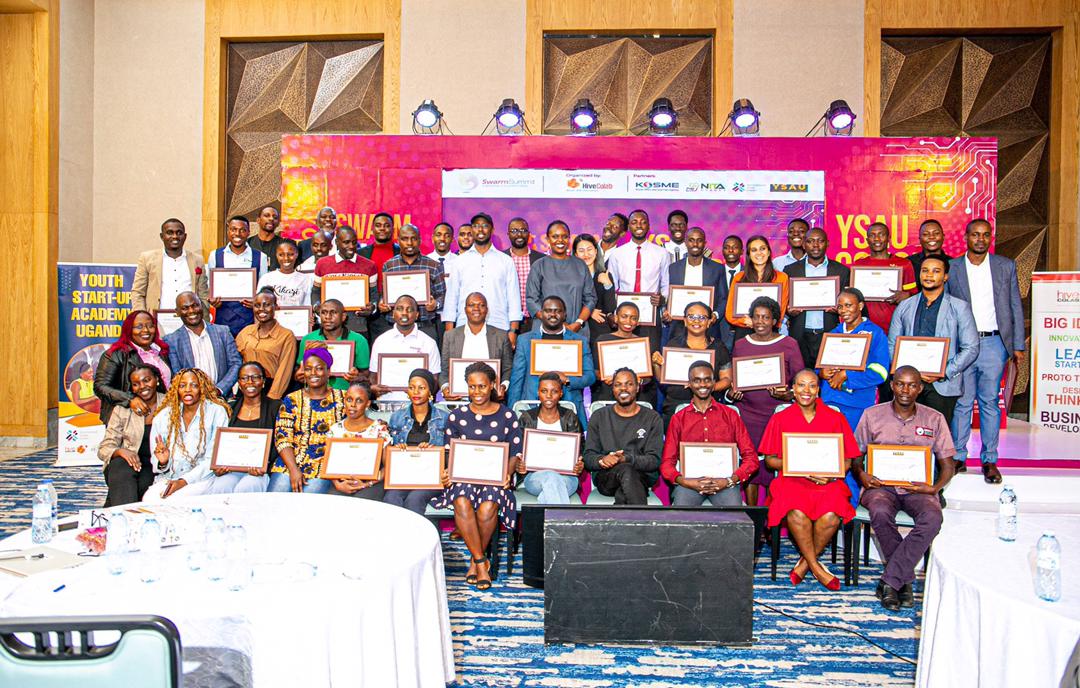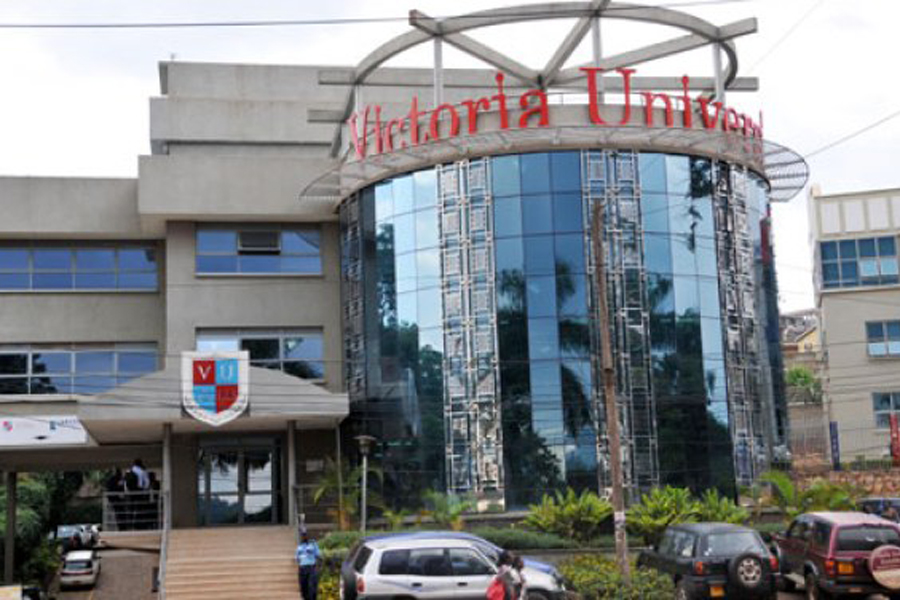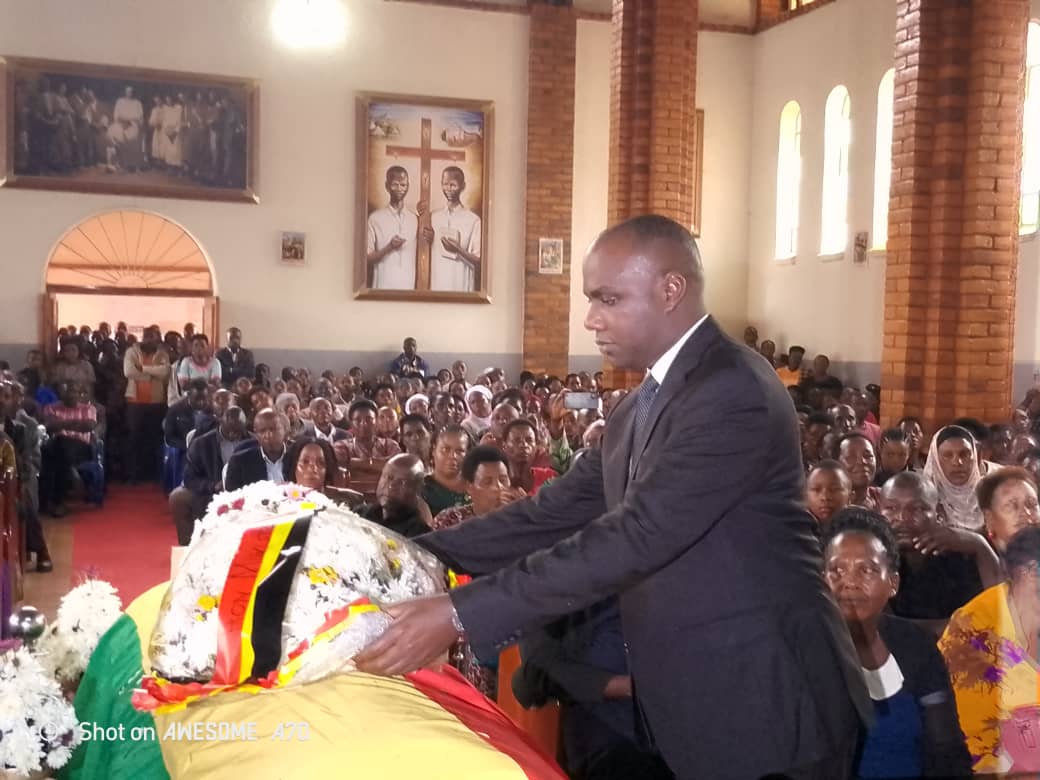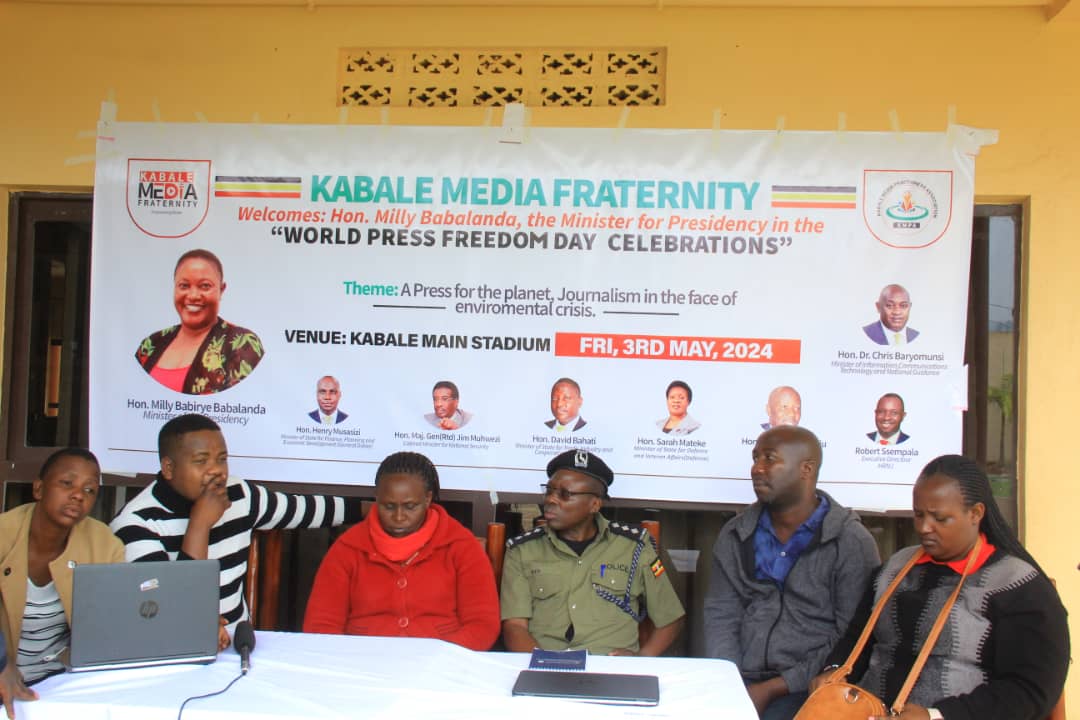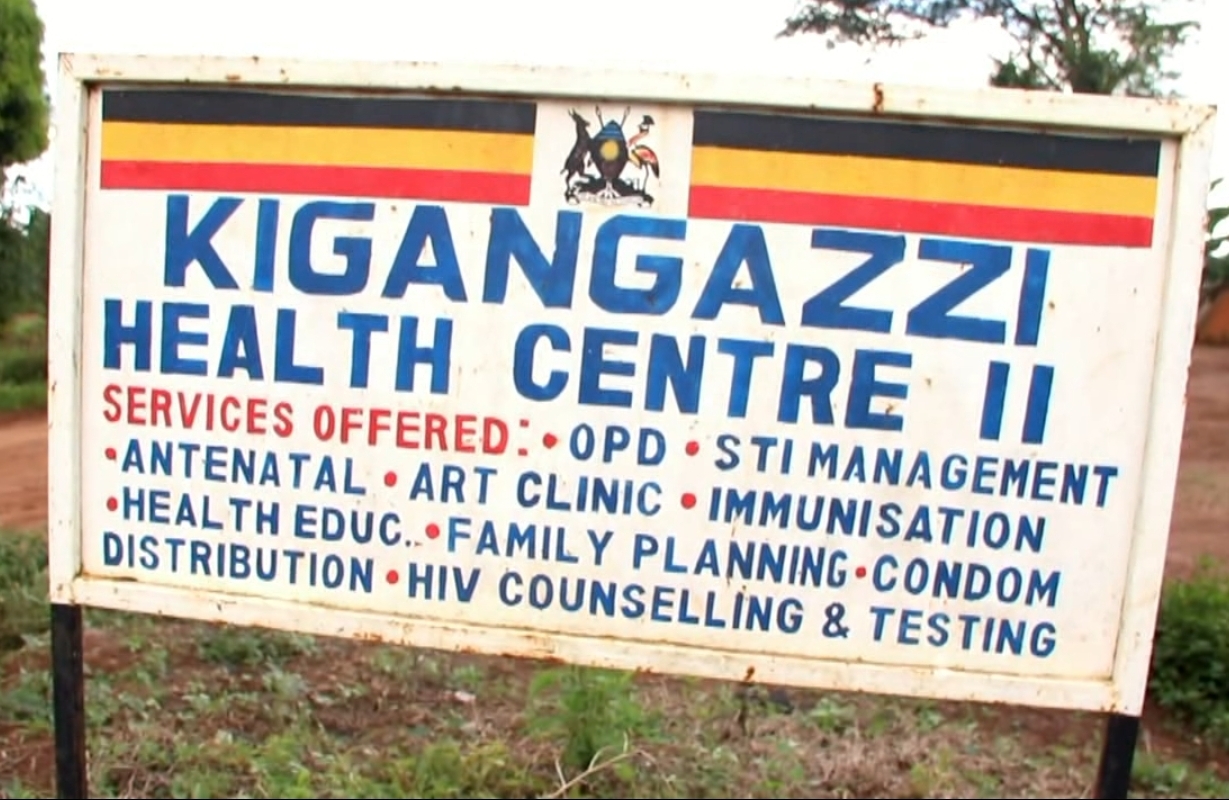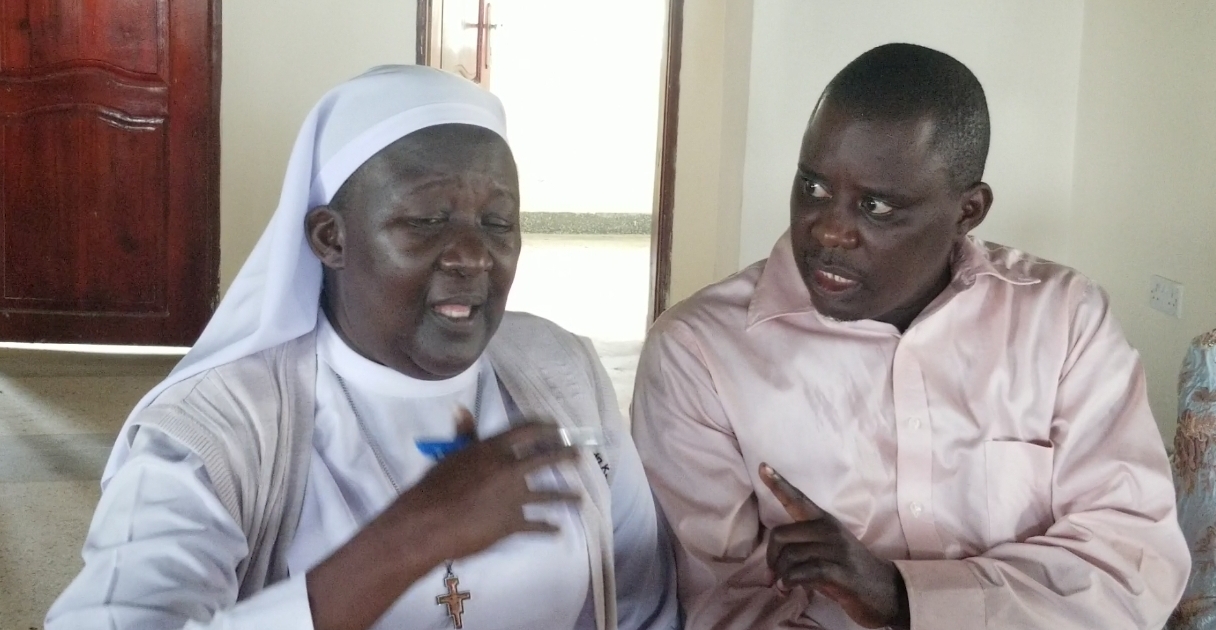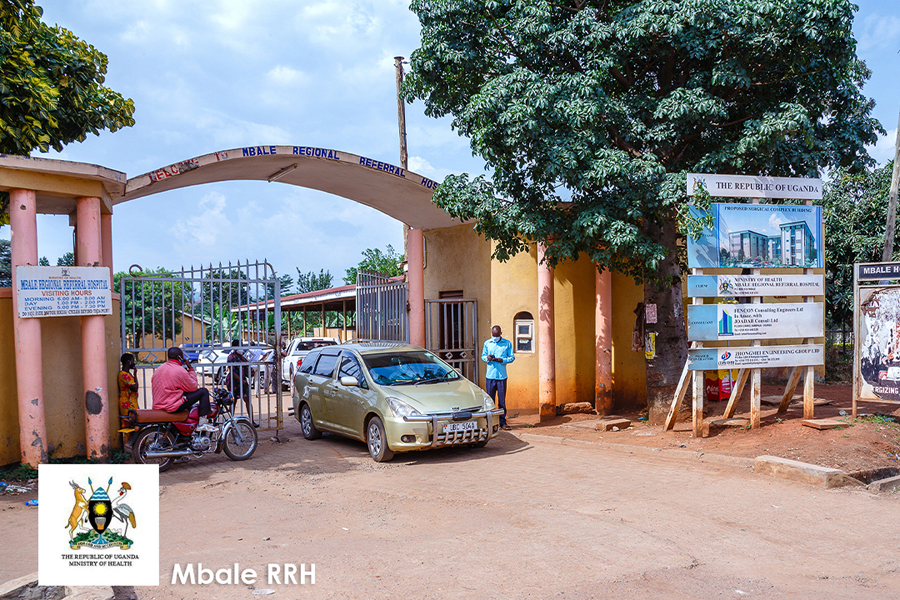Uganda's Silent Suffering: The Struggle to Treat Fistula in Rural Areas
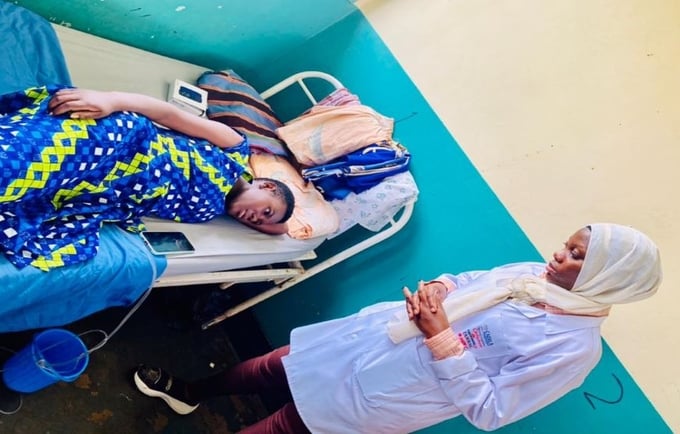
In the remote corners of rural Uganda, a silent epidemic continues to afflict women, leaving them with physical and emotional scars that extend far beyond their bodies. Obstetric fistula, a debilitating childbirth injury caused by prolonged and obstructed labor, affects thousands of women each year, robbing them of their dignity, health, and quality of life. Despite progress in raising awareness and expanding access to treatment, the challenges of addressing fistula in rural areas persist, leaving many women to suffer in silence and isolation.
Fistula, a tear between the birth canal and bladder or rectum, often occurs when women lack access to skilled obstetric care during childbirth, resulting in prolonged labor and tissue damage. The consequences are devastating, with women experiencing chronic urinary or fecal incontinence, social stigma, and psychological trauma that can have profound implications for their physical, emotional, and social well-being. In rural Uganda, where access to maternal healthcare is limited, the prevalence of fistula remains disproportionately high, perpetuating cycles of poverty, inequality, and suffering.
Keep Reading
One of the most formidable challenges in addressing fistula in rural Uganda is the lack of awareness and understanding of the condition among affected communities, healthcare providers, and policymakers. Many women are unaware that their symptoms are treatable or believe that they are cursed or punished for past sins, leading to delays in seeking medical care and exacerbating their suffering. Moreover, healthcare providers often lack the training, resources, and infrastructure to diagnose and treat fistula effectively, resulting in missed opportunities for early intervention and prevention.
Furthermore, the stigma and discrimination associated with fistula pose significant barriers to access to care and support for affected women in rural areas. Misconceptions about the causes and consequences of fistula perpetuate myths and misconceptions, leading to social isolation, rejection by family and community members, and loss of livelihoods. As a result, many women suffer in silence, unable to access the medical care and emotional support they desperately need to rebuild their lives and regain their dignity.
In addition to social barriers, logistical and financial constraints further hinder access to treatment for women living in rural areas of Uganda. Many healthcare facilities lack the specialized equipment, trained personnel, and infrastructure to provide comprehensive fistula care, forcing women to travel long distances to urban centers for treatment. The cost of transportation, accommodation, and medical expenses can be prohibitive for impoverished women and their families, further exacerbating disparities in access to care and perpetuating cycles of poverty and inequality.
Despite these challenges, efforts to address fistula in rural Uganda are underway, with stakeholders across sectors working together to expand access to treatment, raise awareness, and promote prevention. Non-profit organizations, such as the Fistula Foundation and the Uganda Village Project, are leading initiatives to provide free surgical care, psychosocial support, and community outreach services to women living with fistula in rural areas. Moreover, the government of Uganda has prioritized maternal health and obstetric care through initiatives such as the National Obstetric Fistula Strategy, which aims to strengthen healthcare systems, build capacity, and promote equity in access to care for all women.
However, the road to eliminating fistula in rural Uganda remains long and challenging, requiring sustained commitment, investment, and collaboration from all stakeholders. By prioritizing maternal health, expanding access to obstetric care, and addressing social and structural barriers to care, Uganda can realize its vision of a future where no woman suffers in silence from the preventable and treatable scourge of obstetric fistula.




